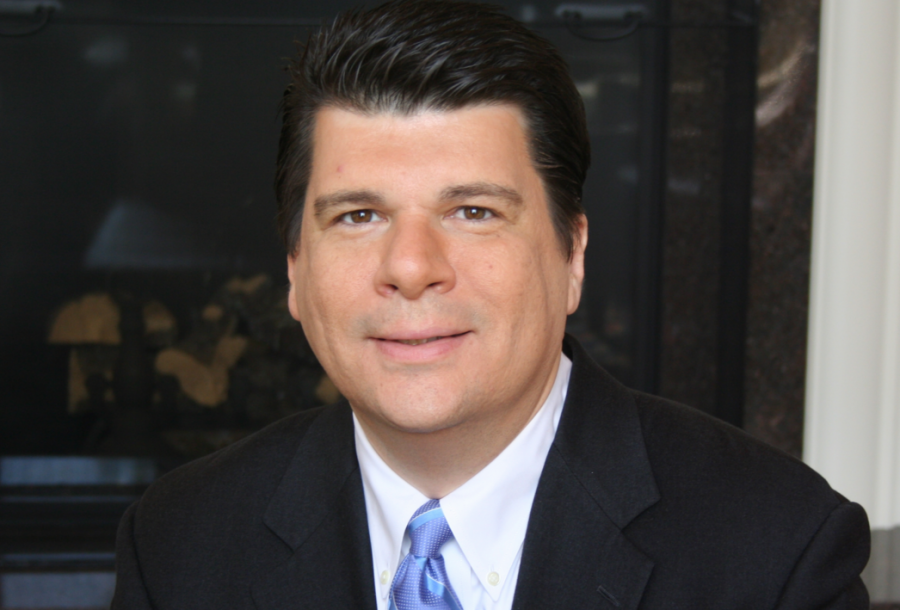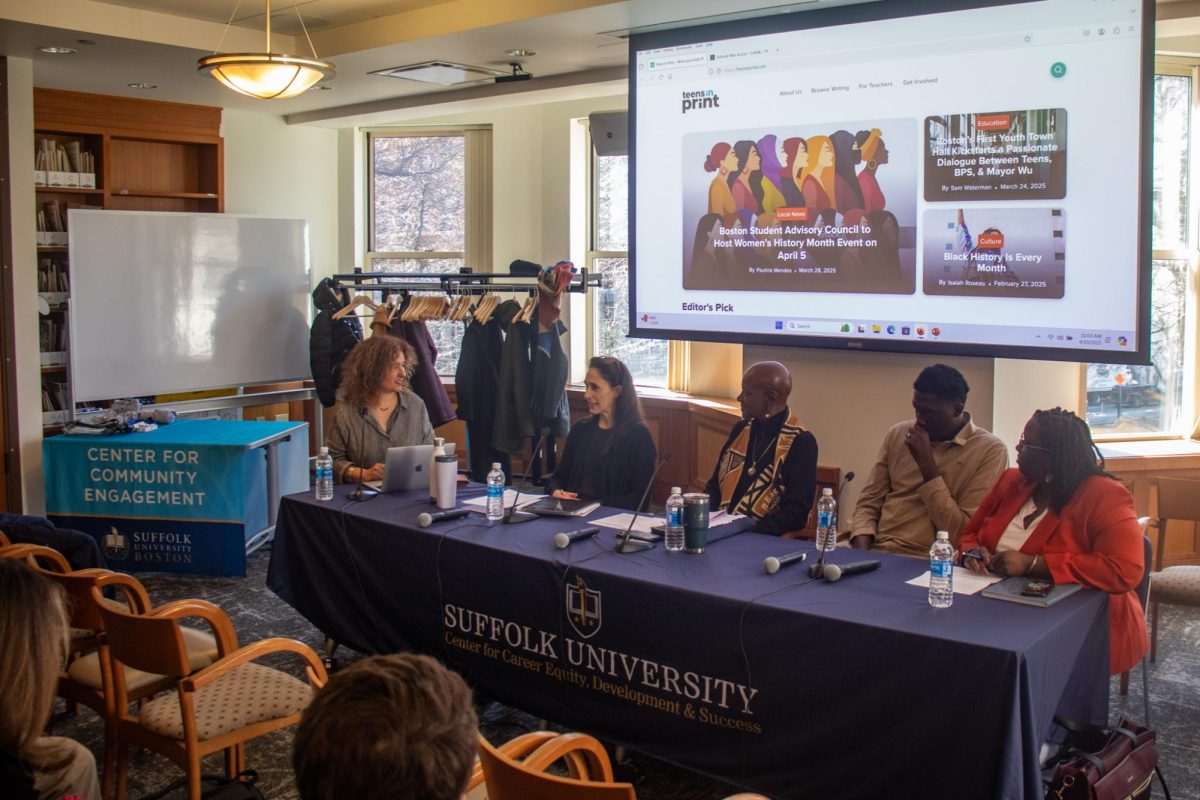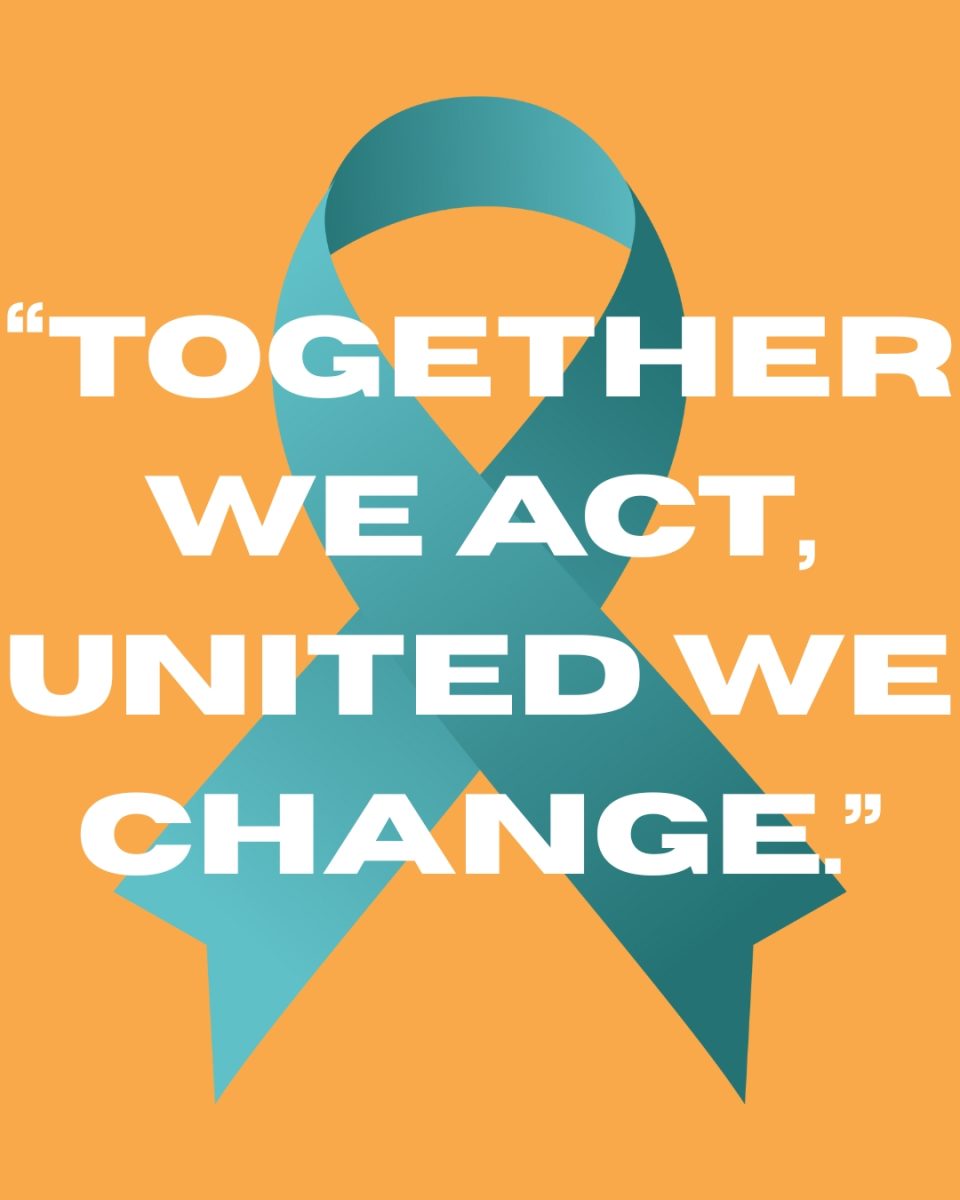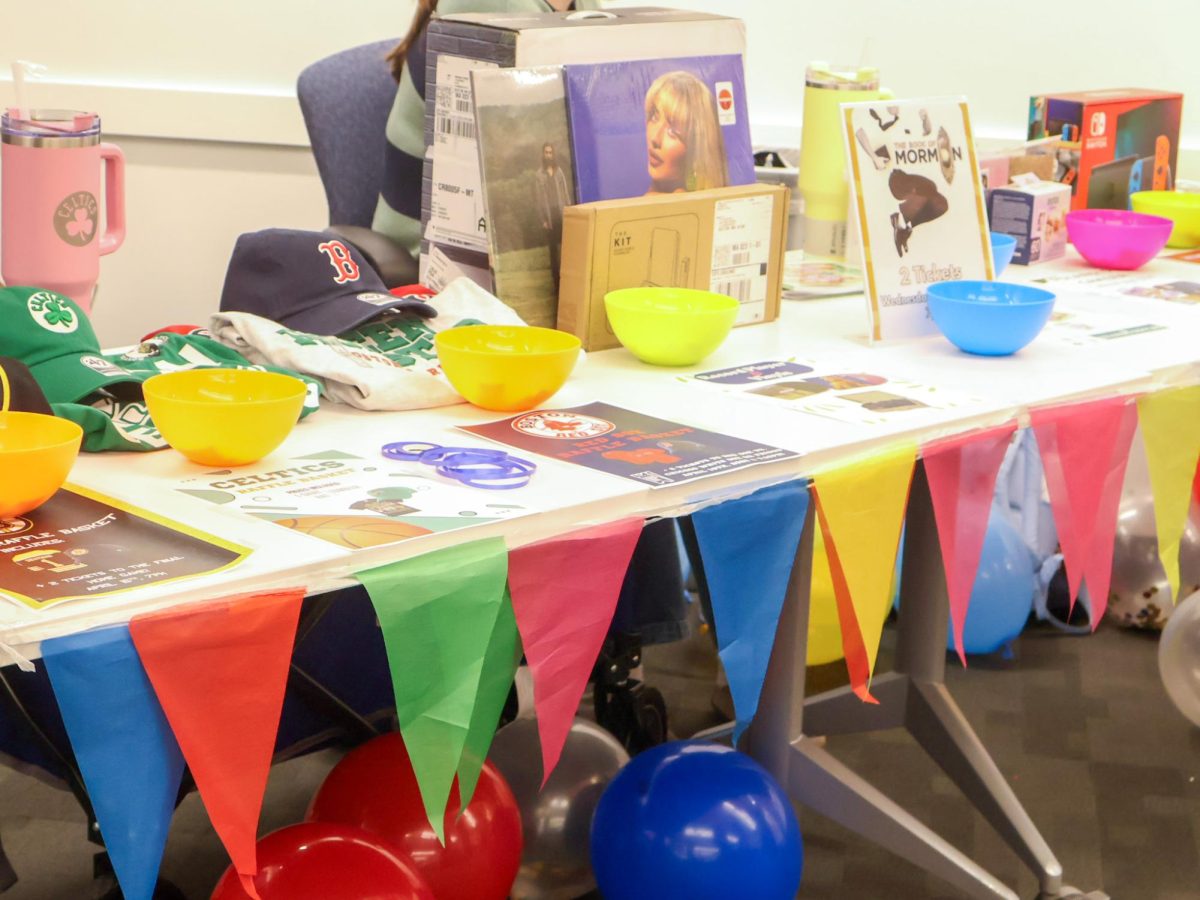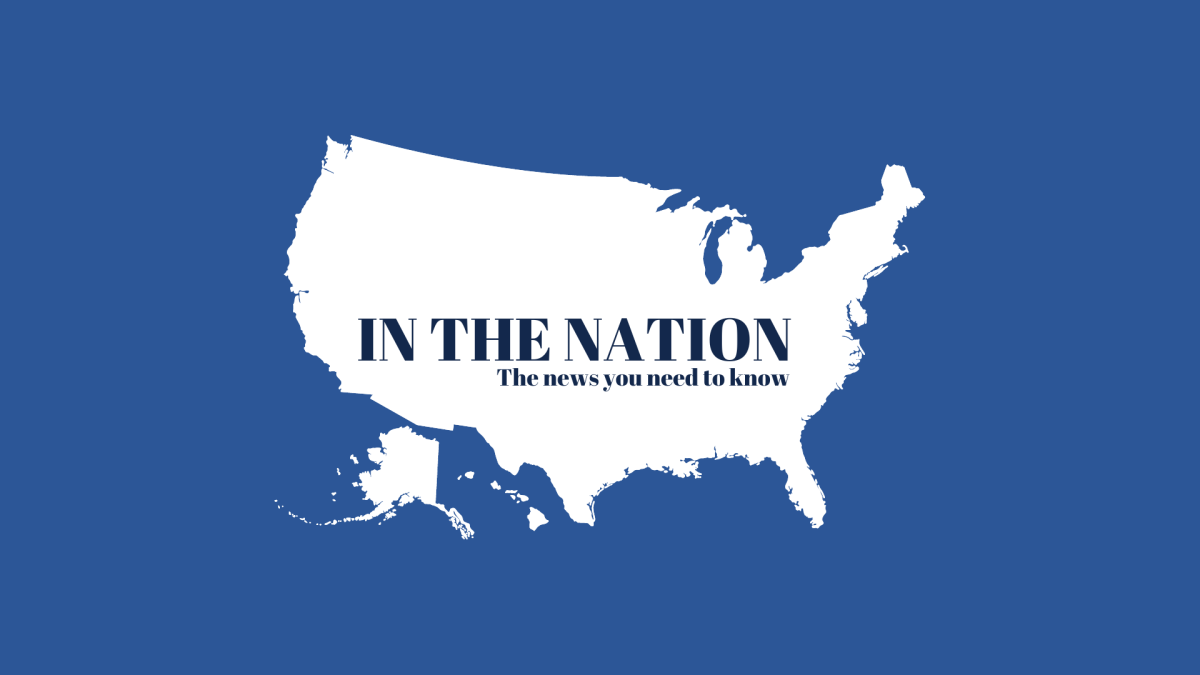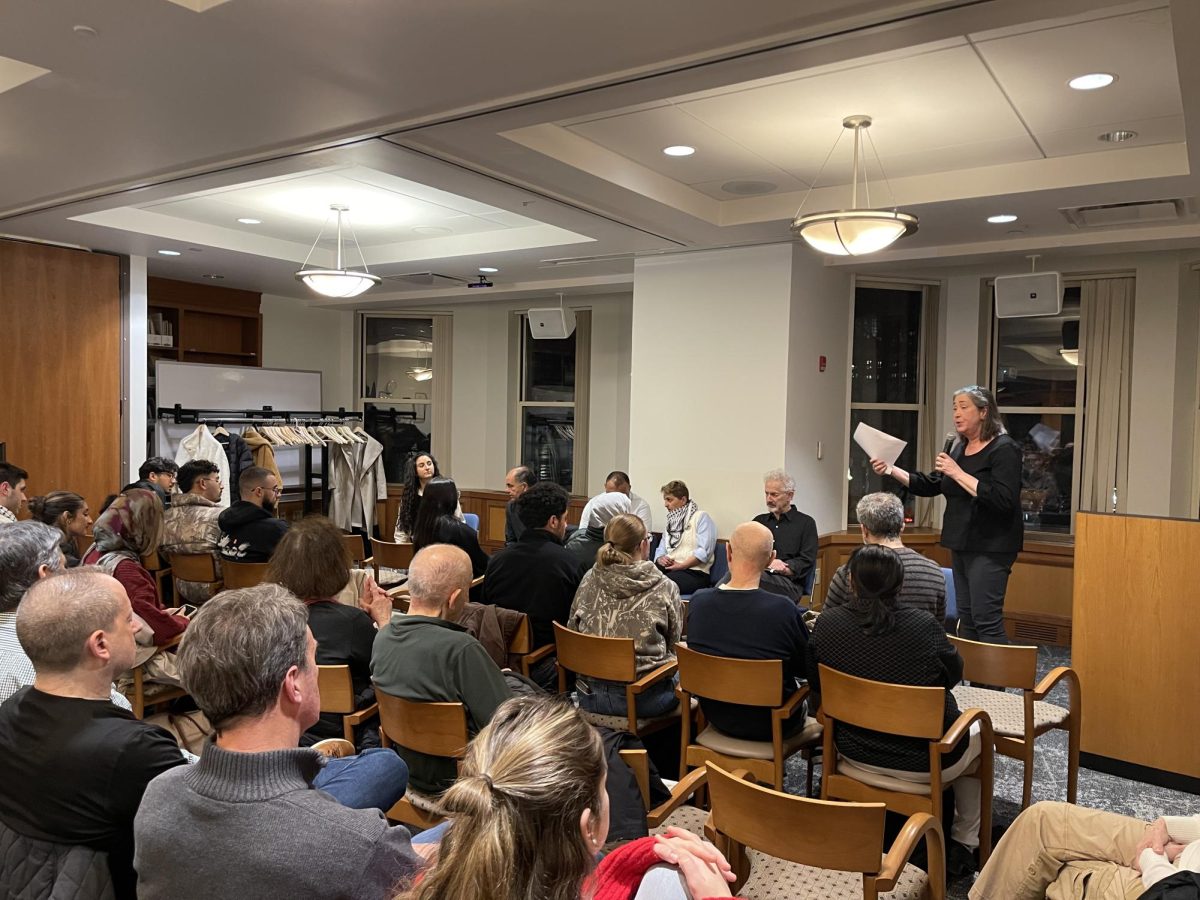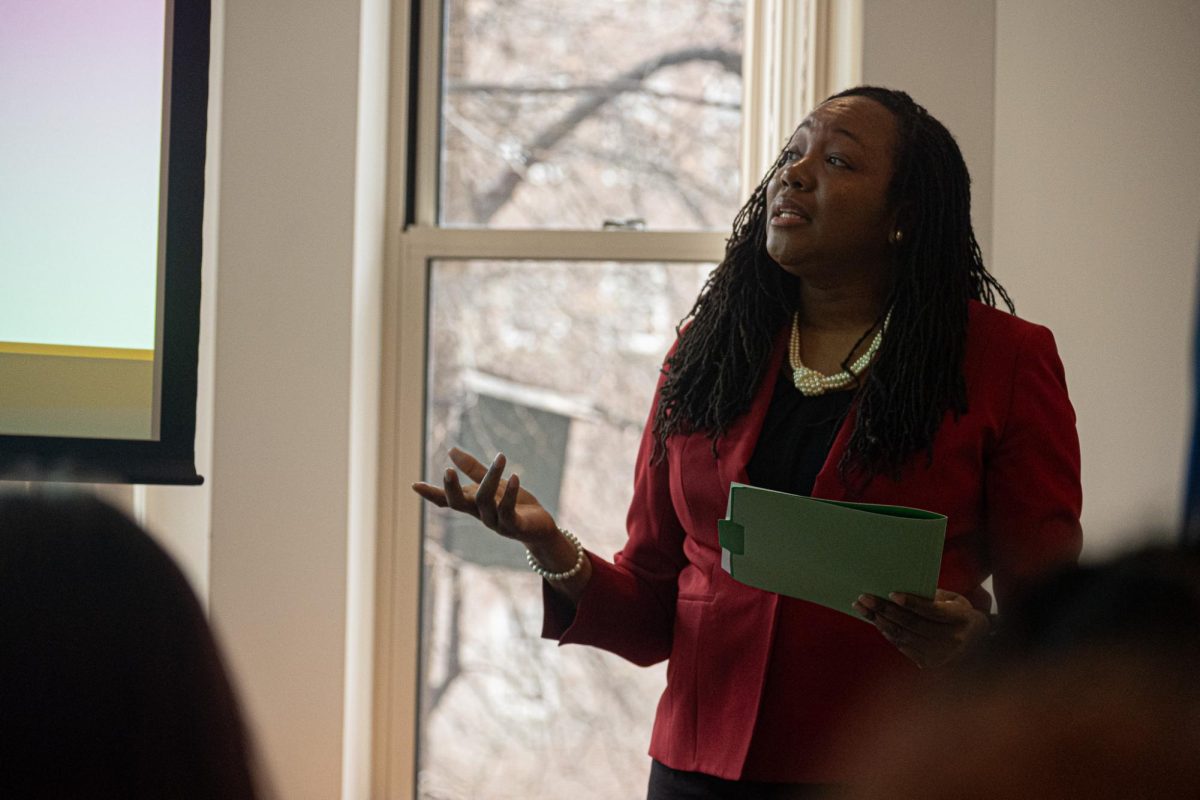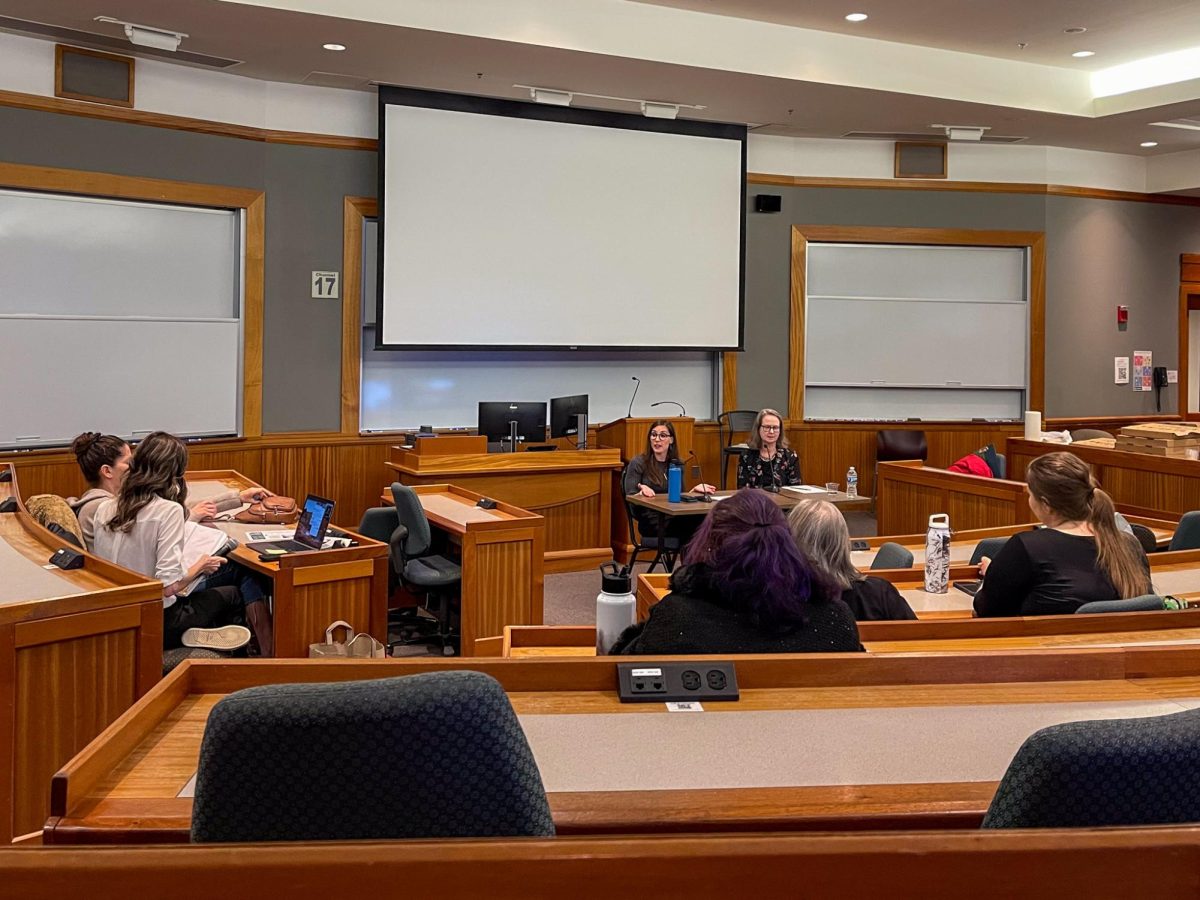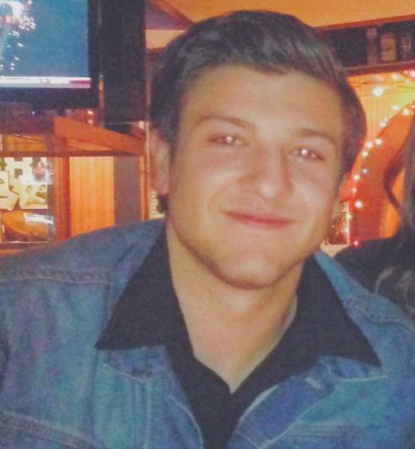David Paleologos, Director of Suffolk University’s Political Research Center (SUPRC), has been one of America’s premier political forecasters for more than a decade. He has been able to predict the vast majority of America’s state and federal elections through innovative polling techniques that are published weekly. His proprietary bellwether poll model, which focuses on predicting outcomes instead of margins, has an 89 percent hit rate as of November 2016. This has earned the SUPRC a partnership with USA Today and the Boston Globe, as well as references by news sources across the country including The New York Times, The Guardian, Politico, CNN and many more.
Paleologos recently bolstered his reputation as a reliable fortune-teller of American politics by effectively predicting the Senate and House races in New Hampshire in his most recent poll on Nov. 3.
The SUPRC, along with nearly every other poll across the U.S., were incorrect in their prediction of who would be next President of the United States. The reasons behind republican candidate Donald Trump’s upset of Hillary Clinton on Election Day are unknown. Clinton aides pointed to FBI director James Comey’s last minute re-opening of the investigation of the Secretary of State’s email server as a contributing factor to her defeat, although this is not confirmed. Paleologos considered the upset a result of a group of voters that could have gone either way on Election Day.
“You had a Brexit type wave that cut through numerous states.” said Paleologos in an interview with the Journal early Wednesday morning. “Most of the states that Trump is winning or won, that weren’t expected, were in the margin of error. There were two blocks of persuadables: the undecided voters and third party supporters.”
With every poll comes an inevitable margin of error. It is incredibly unlikely that a prediction is exact, said Paleologos. Occasionally, the SUPRC is wrong like any other polling center. Their work has always been closely scrutinized because of this. Instead of ignoring the criticism and comments that fill his computer, Paleologos prefers to address those who question the SUPRC polls.
“The only thing that is frustrating is when people don’t understand the work you do,” he said. “People that may have more followers than me on Twitter may say something that is just incorrect. Then I have to take time to educate them. Taking the time to explain this to a lay person can be difficult, but part of me says it is a teaching opportunity.”
Paleologos recalled a time during the 2008 presidential election, when opposition in the polling community made him wish he could avoid the media. Two SUPRC polls predicted that Hillary Clinton would defeat Barack Obama in New Hampshire. This was an outlier poll and the only one predicting this result, said Paleologos.
“I was the laughing stock of the polling world,” said Paleologos. “We had only been a research center for six years.”
Paleologos recalled one instance where he found himself emphatically hoping to avoid interviews at the Ratisan hotel in New Hampshire.
“Normally pollsters want to be interviewed. They were doing the opposite,” said Paleologos. “They were telling reporters to go interview me, the guy in the corner, because I had Clinton winning. So I spent the whole day defending what I thought in my gut was probably wrong. But I had to defend it because the numbers are the numbers.”
To the surprise of the political polling community and Paleologos himself, the poll was correct. Clinton took New Hampshire from Senator Obama.
“It was great for the university,” he said. “But that’s the risk that anyone doing a poll takes; sometimes you’re right, sometimes you’re wrong.
Suffolk University has not always been a pinnacle of American political research. In 2002, Paleologos was working as an adjunct professor at Suffolk and Emerson College when one of his students asked a question in class that changed the trajectory of Suffolk’s perceived political clout, as well as his career in polling.
Paleologos said he assigned his class a polling project that focused on the Massachusetts state race for Governor. One student stood up and inquired about a businessman from Massachusetts walking alongside President George W. Bush on television. Although it was unknown who this man was or what he was doing alongside President Bush at the time, the student wanted to run a poll with this man against Democrat Jane Swift for the Massachusetts Governor’s race, according to Paleologos. This man was Mitt Romney. The poll that Paleologos and his class ran had Romney decisively defeating the incumbent Swift by an impressive margin. Two days later the Boston Herald picked up the same poll and had similar results. Jane Swift pulled out of the race shortly following the publication of these results.
“It was at that moment that it crystallized that one Suffolk student in one poll class, who came up with an out of the box question that totally changed the Massachusetts political landscape,” said Paleologos. “It was that poll that put us on the map.”
The SUPRC then accepted a partnership with WHDH 7News Boston that spanned from 2002 until 2014, according to Paleologos.
A goal that Paleologos has had for the SUPRC is for it to break into the world of international polls. This is something that he believes will help Suffolk University’s brand expand across the globe, as well as help recruit more international students. He notes that there has been an inherent lack of interest in international polls from American agencies.
“There would be an increase in interest for us because that’s a space that no one is in,” he said.
The difficulty in achieving this goal has been a result of Suffolk’s bureaucracy and the revolving door of university presidents that have come and gone. The SUPRC is under the direct jurisdiction of the president, who allots funding and ultimately makes the decisions on what is polled.
“There’s willingness on my behalf to dip out toe in the water internationally,” he said. “But it has to make sense to the new president of the university, and the dean as well.”
According to Paleologos, the landscape of international polling is vacant. None of the major American pollsters have expanded outside of the U.S. border to a significant degree, according to Paleologos. One of the biggest impediments on his goal to eventually branch into international polling is the constant instability of appointed presidents at Suffolk.
“I’ve wanted to do this for seven years,” he said. “I’ve worked with numerous presidents who didn’t have the same passion as I do. There’s so many issues we could be polling, but haven’t. I wanted to poll Brexit. I think we could have had a major impact on that, but we didn’t have the opportunity.”
With the 2016 election in the rearview mirror, Paleologos plans to take some time off. He plans to spend it catching up family, especially his son who is a high school senior going through the college application process.
“I really haven’t had as much time to engage with them as I’d like and I don’t want to lose that time,” said Paleologos.
I had to defend it because the numbers are the numbers.”
To the surprise of the political polling community and Paleologos himself, the poll was correct. Clinton took New Hampshire from Senator Obama.
“It was great for the university.” he said. “But that’s the risk that anyone doing a poll takes; sometimes you’re right, sometimes you’re wrong.
Suffolk University has not always been a pinnacle of American political research. In 2002, Paleologos was working as an adjunct professor at Suffolk and Emerson College when one of his students asked a question in class that changed the trajectory of Suffolk’s perceived political clout, as well as his career in polling.
Paleologos said he assigned his class a polling project that focused on the Massachusetts state race for Governor. One student stood up and inquired about a businessman from Massachusetts walking alongside President George W. Bush on television. Although it was unknown who this man was or what he was doing alongside President Bush at the time, the student wanted to run a poll with this man against Democrat Jane Swift for the Massachusetts Governor’s race, according to Paleologos. This man was Mitt Romney. The poll that Paleologos and his class ran had Romney decisively defeating the incumbent Swift by an impressive margin. Two days later the Boston Herald picked up the same poll and had similar results. Jane Swift pulled out of the race shortly following the publication of these results.
“It was at that moment that it crystallized that one Suffolk student in one poll class, who came up with an out of the box question that totally changed the Massachusetts political landscape,” said Paleologos. “It was that poll that put us on the map.”
The SUPRC then accepted a partnership with WHDH 7News Boston that spanned from 2002 until 2014, according to Paleologos.
A goal that Paleologos has had for the SUPRC is for it to break into the world of international polls. This is something that he believes will help Suffolk University’s brand expand across the globe, as well as help recruit more international students. He notes that there has been an inherent lack of interest in international polls from American agencies.
“There would be an increase in interest for us because that’s a space that no one is in,” he said.
The difficulty in achieving this goal has been a result of Suffolk’s bureaucracy and the revolving door of university presidents that have come and gone. The SUPRC is under the direct jurisdiction of the president, who allots funding and ultimately makes the decisions on what is polled.
“There’s willingness on my behalf to dip out toe in the water internationally,” he said. “But it has to make sense to the new president of the university, and the dean as well.”
According to Paleologos, the landscape of international polling is vacant. None of the major American pollsters have expanded outside of the U.S. border to a significant degree, according to Paleologos. One of the biggest impediments on his goal to eventually branch into international polling is the constant instability of appointed presidents at Suffolk.
“I’ve wanted to do this for seven years,” he said. “I’ve worked with numerous presidents who didn’t have the same passion as I do. There are so many issues we could be polling, but haven’t. I wanted to poll Brexit. I think we could have had a major impact on that, but we didn’t have the opportunity.”
With the 2016 election in the rearview mirror, Paleologeos plans to take some time off. He plans to spend it catching up family, especially his son who is a high school senior going through the college application process.
“I really haven’t had as much time to engage with them as I’d like and I don’t want to lose that time.” said Paleologos.


